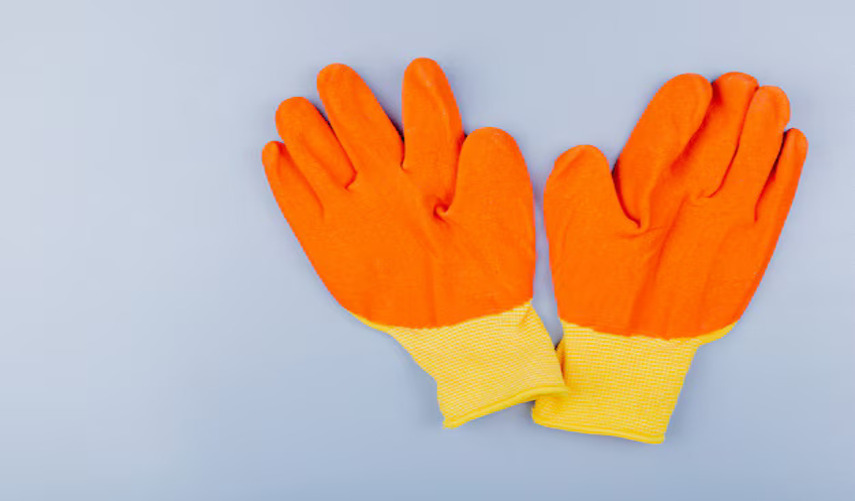
Gloves protect and comfort hands against cold or heat, damage by friction, abrasion or chemicals, and disease; or in turn to provide a guard for what a bare hand should not touch. Gloves are made of materials including cloth, knitted or felted wool, leather, rubber, latex, neoprene, silk, and (in mail) metal.
Gloves help keep your hands clean and lessen your chance of getting germs that can make you sick. Wear gloves every time you touch blood, bodily fluids, bodily tissues, mucous membranes, or broken skin. You should wear gloves for this sort of contact, even if a patient seems healthy and has no signs of any germs.
It is important to wear gloves when working with hazardous chemicals and other materials because they protect our hands from infection and contamination. Protective gloves should be selected on the basis of the hazards involved. Nitrile gloves protect against most chemicals and infectious agents.
Copyright © AGS International Trade . All Rights Reserved by